10 Things You Can Do to Be a Responsible Pet Owner in Prince George’s County
Owning a dog or a cat is a great experience, but it’s a big responsibility for you and your community. These 10 rules of pet ownership don’t cover everything, but are essential for keeping you, your pet, and our County safe and happy!
1. License and Microchip Your Pet
Every pet owner has the same nightmare: their pet escaping. Licensing your pet helps us keep track of pet populations, ensures your pet is vaccinated for public safety, and makes it easier to reunite you with your pet if they get lost. We also recommend microchipping, a permanent form of identification that greatly increases the chances of finding your pet if they go missing.
Learn more about licensing your pet here, and talk to your vet about microchipping.
2. Keep Their Vaccinations Up to Date
Routine vaccinations protect your pet and our County from diseases that can spread quickly. Regular veterinary visits ensure your pet receives the necessary shots, and can save you money in the long run, as vaccines prevent costly illnesses like feline leukemia, bordetella, FIV, parvo, and others—or worse, untreatable fatal diseases like rabies.
Some organizations offer low-cost vaccination services. Check out our list here.
3. Spay or Neuter Your Pet
Our shelters are at maximum capacity. Spaying or neutering your pet helps prevent overpopulation and reduces the number of unwanted animals in shelters. This common procedure also has health benefits for your pet, including preventing cancers and infections, and can reduce behavioral issues.
Spaying and neutering can be expensive. Check out our list of affordable or free options.
4. Provide Regular Veterinary Care
Regular veterinary check-ups are crucial for detecting health issues early and maintaining your pet’s overall health. Our local veterinarians will ensure your pet receives routine examinations, dental care, and any necessary treatments.
5. Train and Socialize Your Pet
Good training and socializing are important for your pet’s well-being and safety, as well as the safety of those around them. Training helps prevent behavioral problems and enhances the bond between you and your pet. Socialization exposes your pet to different environments, people, and other animals, which helps reduce anxiety and aggression.
Many local businesses and pet stores offer training classes. Or, you can always check out the wealth of information on YouTube. We also offer pet parenting classes for free!
6. Get Exercise and Mental Stimulation
Prince George’s County has over 28,000 acres of parkland for you and your pets to enjoy. (Remember to keep your pets leashed!) Regular exercise is important for your pet’s physical health and mental well-being. Daily walks, playtime, and interactive toys keep your pet active and engaged. A bored, antsy pet can become destructive, loud, and even dangerous.
If your dog is well socialized and loves playing with other dogs, try out one of these dog parks!
7. Feed a Balanced Diet
A nutritious diet is fundamental to your pet’s health. Talk to your veterinarian about what food brands are best for your pet’s breed and size, along with options that fit your budget.
If you are struggling to make ends meet, we have a list of pet food pantries to assist.
8. Pick Up After Your Pet
Not picking up and discarding your pet’s feces contaminates our water, spreads disease, and can even become a serious public health hazard. We ask that everyone, regardless of where they are, bag and toss their pet's waste.
9. Ensure Safe and Comfortable Living Conditions
Your pet needs a safe and comfortable environment to thrive. Clean water and a temperate area are very important. Your pets must be indoors during summer heat and freezing temperatures. Remember some pet breeds, particularly dog breeds, are more susceptible to heat and cold than others.
10. Follow Local Animal Control Laws
Adhering to local animal control laws ensures the safety and well-being of your pet and the community. This includes obeying leash laws, noise ordinances, and anti-cruelty regulations. Familiarize yourself with the rules in your area and comply with them to avoid fines and legal issues.
If you know of someone breaking laws, please report it to Animal Services for the safety of the animal and the people around it. We all must be reporters of animal abuse and neglect.
Want to learn more? Prince George’s County offers pet parenting classes! Do you love animals and want to make a difference? Volunteer at Animal Services and help give our adoptees loving, happy homes.


